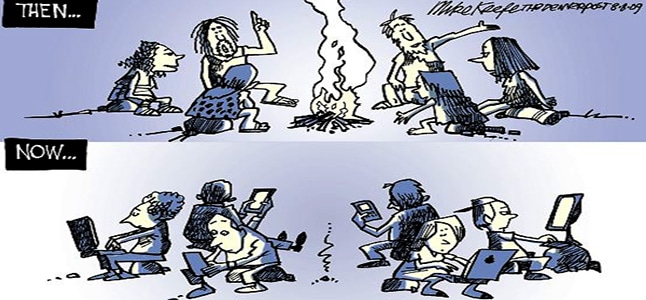Many professionals join networking groups to get—not give—referrals. The traditional format is to hand out business cards, give your 60 second elevator speech, scope out name badges and titles and shake a lot of hands. Business people join with the expectation they will meet people who will send business to them. But the reality is, not much business transpires this way. One reason why is because members of these groups often don’t have the right referrals to offer and secondly, they really don’t understand each other’s business well enough to make a meaningful referral.
In essence, the purpose of this type of networking group is flawed. But tweak the concept a little and there can be a lot of value. What if people joined a networking group to learn from one another and support each other in the pursuit of their business goals?
That was the mission of Consultants West, a Southern California-based group founded nearly 15 years ago by management consultants, Cork Platts. It was a concept ahead of its time. Imagine this: a group with no membership dues; no office staff; no bylaws; no minutes; no newsletter. Sharing leads was not an objective. Having fun was. Members came from all types of consulting backgrounds including technology, marketing, management, financial and other disciplines. Each month a team of two consultants planned the agenda and the meeting location. Meetings began with a brief social period, followed by dinner and a discussion topic. The evening’s hosts facilitated the presentation, often with handouts, and most importantly, the format included a time for questions, answers and discussion.
The take away from this type of event was that everyone learned something. The goal was to walk away with new ideas to consider and ways to continue to expand horizons. Whether the theme was helping consultants to build their practices, set fees, deal with regulations and/or risks, it didn’t matter. There was always something of value. It was a place for consultants to let their hair down, ask questions, not have to be the be-all, end-all resource. As a result, friendships built over the years, and, yes, many of the members did business together.
Instead of just handing out business cards or giving a referral to someone who you didn’t really know, members felt confident that the individual who was receiving the referral would do a good job and that the reputation of the person giving the referral would be preserved.
Networking and networking groups have been around for decades. Like all aspects of business, traditional models need to be transformed to bring new life and relevance to the marketplace. In the end, this model worked because regardless of the changing times, what remained constant was the relationships—the sense of community and the camaraderie that was shared. Isn’t that what networking should really be about?





